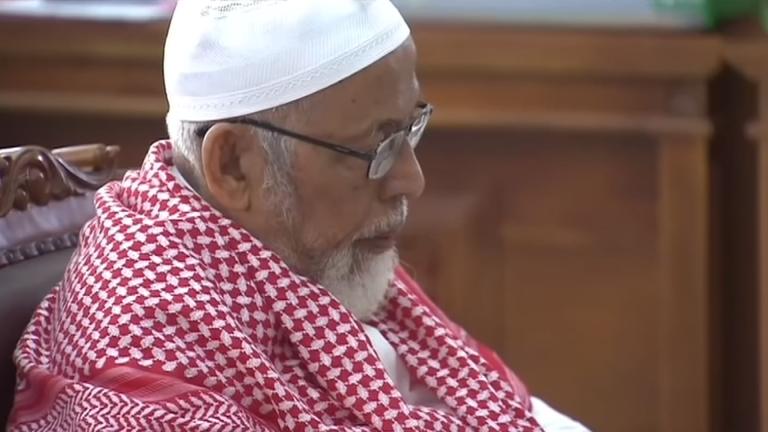The Indonesian government may overturn its decision to free a radical Muslim cleric linked to the 2002 Bali bombings that killed over 200 people.
Abu Bakr Bashir is only nine years into a 15-year sentence for terror charges related to his links with Islamist extremist training camps but last week, Indonesian president Joko Widodo said he'd be given an early release on “humanitarian grounds” on account of his age and poor health.





